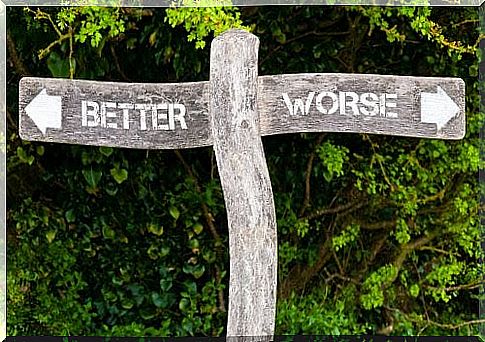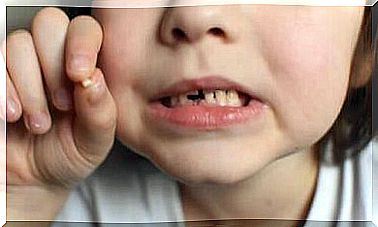Social Comparisons: How They Affect Us

We constantly compare ourselves with people around us: people in our social networks, public figures and even fictional characters. The general perception seems to be that social comparisons are somewhat negative and should be avoided at all costs.
But what would you say if we told you that social comparisons are part of what makes us human?
Do we need to compare ourselves with others?
Leon Festinger is the creator of the theory of social comparison and cognitive dissonance. He believes that people have a need to evaluate their own opinions and abilities. In other words, we need to know that they are consistent and that our choices and thoughts are valid in the eyes of others.
According to psychologist Joel Feliu, people compare themselves to others to get a sense of security, because they have no other way to confirm the validity of their own opinions and skills.

Even when things are relatively clear, we often rely on the opinions of others. In other words, we trust their opinions more than our own to know what to do, say or think.
Feliu points out, however, that these comparisons are not made at random. Rather, we compare ourselves with people we consider to be similar to ourselves. Once we have the perception that there is a similarity with another person, we therefore trust them more to evaluate our own opinions and abilities.
Cognitive dissonance
But what happens when our attitudes and opinions do not agree with people we consider to be similar to ourselves? According to Festinger, cognitive dissonance arises when social comparisons lead to differences.
This dissonance creates psychological stress and can lead to us making changes in our decisions, opinions, attitudes and ultimately our cognitive systems.
Social Comparisons: How Harmful Are They?
Now that we know that social comparisons are part of human nature, an important question remains. How does comparing ourselves to others affect us?
Comparing ourselves with others affects us differently depending on how much emphasis we place on the comparison. The way we value our own situations in relation to other people’s can seriously affect our self-esteem and autonomy.
It is important to understand that we all have unique lives as a result of different experiences. In other words, the events that lead to your current situation and another person’s situation are very different. Making connections between your life and someone else’s can cause significant damage to your sense of self-worth.
At the same time, one must remember the saying “Do not judge a book by its cover.” Keep in mind that the glow can be deceiving. Doctor Susan Biali points out that the other outward appearance cannot be compared to one’s own interior.
With the advent of social networking, it is very common to compare our lives with others by looking at their Facebook and Instagram profiles. This despite the fact that all we get to go on are photos.
Social comparisons as inspiration
We are all unique and have our own circumstances. If we constantly compare ourselves with others, we may feel certain demands that are really foreign to our life experience. But there is a healthy way to make social comparisons: as inspiration.

Observing how others are making progress and achieving their dreams while you still have a long way to go can be really frustrating. It can also cause significant anxiety. When comparing yourself to others, turn that frustration and envy of not having what they have into motivation.
In other words, compare yourself to others only as motivation to improve yourself. See these people from a different perspective, as a model or a goal to help you achieve your own goals. Analyze what they did to achieve what they have now and motivate yourself by saying, “If they can, so can I.”









